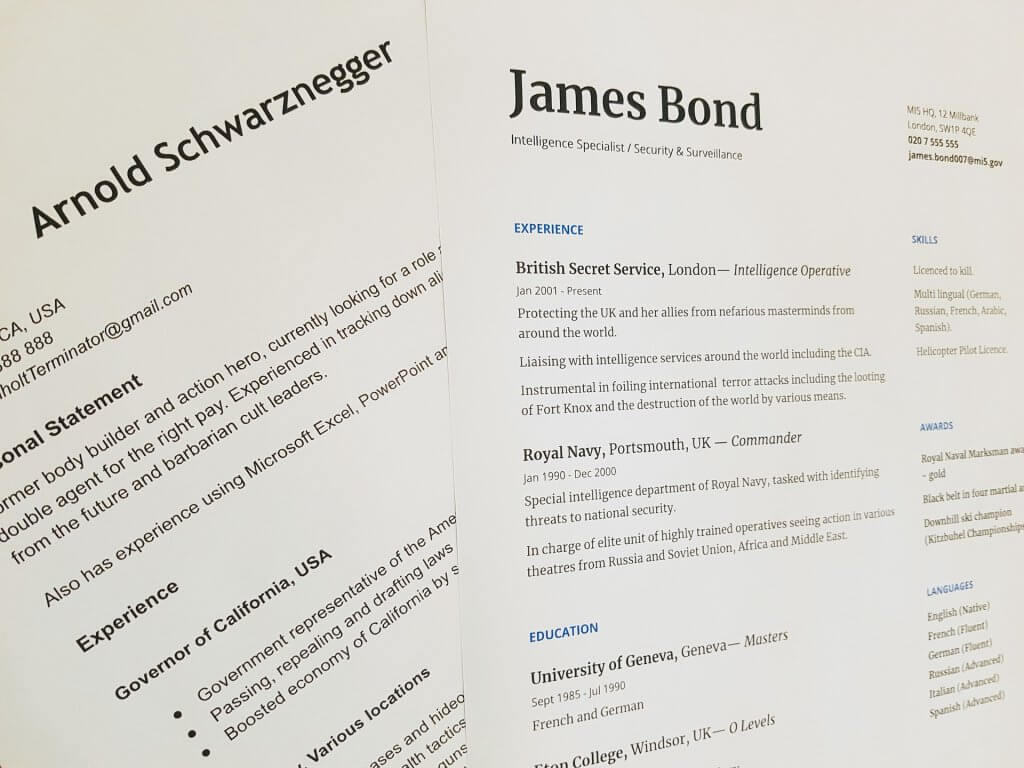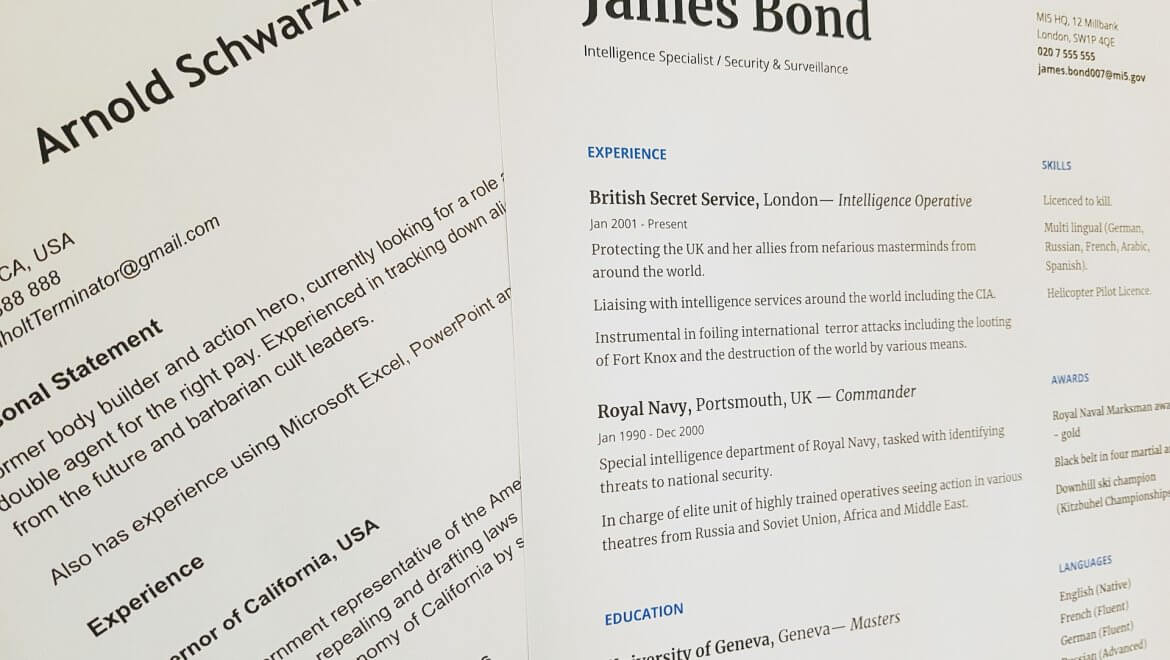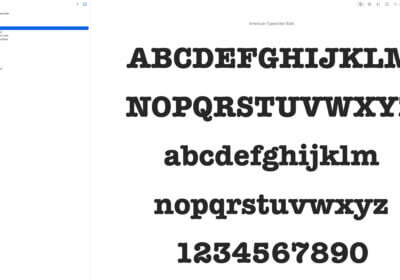Which are the right fonts to use for CVs, cover letters, and resumes?

Can the fonts influence extremely high the content we write and the way people will receive our letters?
Should we use free or paid fonts, serif or sans serif fonts?
Below, you will find insights and recommendations from experts from all over the internet. I will answer to all these questions and offer you useful tips.
Of course, that the font plays a major role. And this happens not only in CVs, cover letters, and resumes, but everywhere else.
Just imagine a super CV (layout, content, and candidate picture) that uses a super small font. From the very first contact, your brain will automatically get a bad sensation because he finds it hard to read the CV and from that moment impressions start to be created about the candidate.
Now imagine a CV that uses a very large font, again your brain will automatically think about the candidate something. Maybe he will think that he used a large font just to fill more pages.
Let’s see which are the right fonts for CVs, cover letters, and resumes
To be easier to follow the insights and recommendations from world experts, I will use a format with bullet points.
Always keep in mind that common sense is the most important in any font decision you will take and there are not magical formulas that will transform your work.
Here are 8 tips to choose the right fonts
Font psychology (the study of how different fonts impact thoughts, feelings, and behaviors) is among the most important parts when choosing the right font.
People have very different thoughts, feelings, and associations with different font types.
Using the principles of font psychology, pick a font that is perfectly adapted to your CV, cover letter, or resume.
The font should reflect your personality, your job, your way of being, and so on.
Pay super attention on this aspect.
The appearance of professionalism.
Depending on what you need the font for, you should pick fonts that have create the appearance of professionalism.
It is fine for a personal email to use a casual font, but for a CV, cover letter, or resume you should pick a font that will help you be a professional.
Free or paid font? This decision is not as important as you might think.
It is great to use a paid font only if it is truly special and you highly believe that it will help you create a much better design and response from your audience.
Font size will have a huge impact on your design.
Font size is extremely important, you can have the best content in the world, if you use a bad font size (too small or too large) you will destroy everything.
You should use different font sizes for headers, sub header, and paragraphs.
Take your time and try different sizes until you find a equilibrium.
Serif or sans serif?
You should sans serif fonts in your CV, cover letters, and resumes.
Sans serif fonts are the perfect choice for these types of creations and for online.
Serif fonts are best used in print and logos.
Font color
Normally you should use black on your whole design but there are times when you can combine black with grey and create a much better design.
If you think that you can achieve a better design by combining 2 colors, take your time and do some tests.
Stick to 2 colors and not more, you don’t want to transform your document into a rainbow.
The most popular fonts
Should you pick one of the most popular fonts? Yes and no.
It depends very much on your document type (CV, cover letter, resume) and on your audience.
If you are a graphic designer and you are creating your CV, best is to use a paid font. You want to convince your audience that you have the right skills and experience in your industry.
But if you are an accountant, the font is not important. You only need a font that is easy to read.
Easy to read fonts
No matter what font you pick for your documents, first check it if it is easy to read and understand.
Try it with your friends.
Do all the tests, you don’t want your audience to have difficult times when reading your document.
Conclusions
I say it again, there are no magical formulas or secrets when choosing the right fonts for CVs, cover letters, and resumes.
There is only common sense.
Save the article link and come back to it whenever you need to choose fonts for different types of documents.



